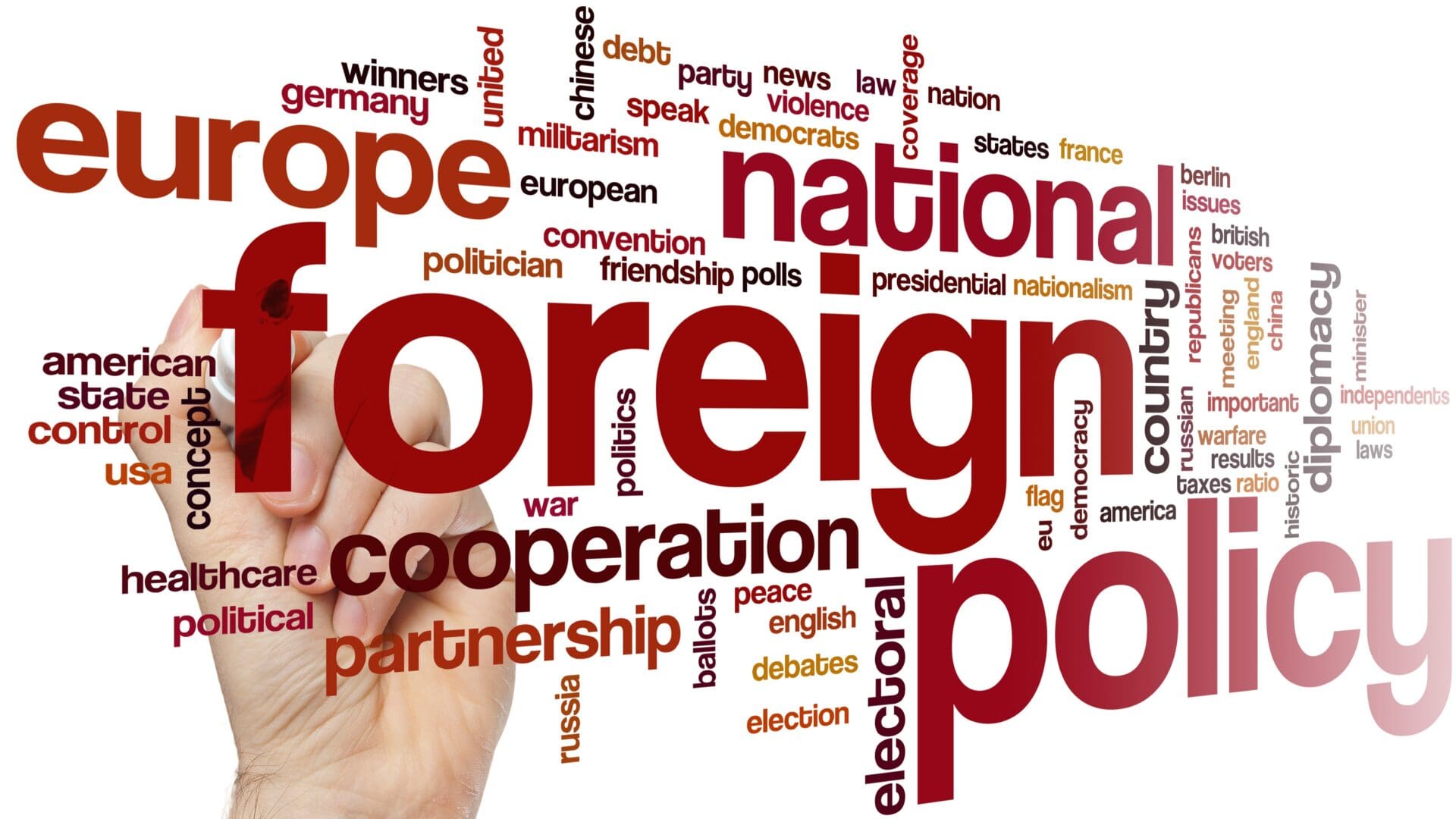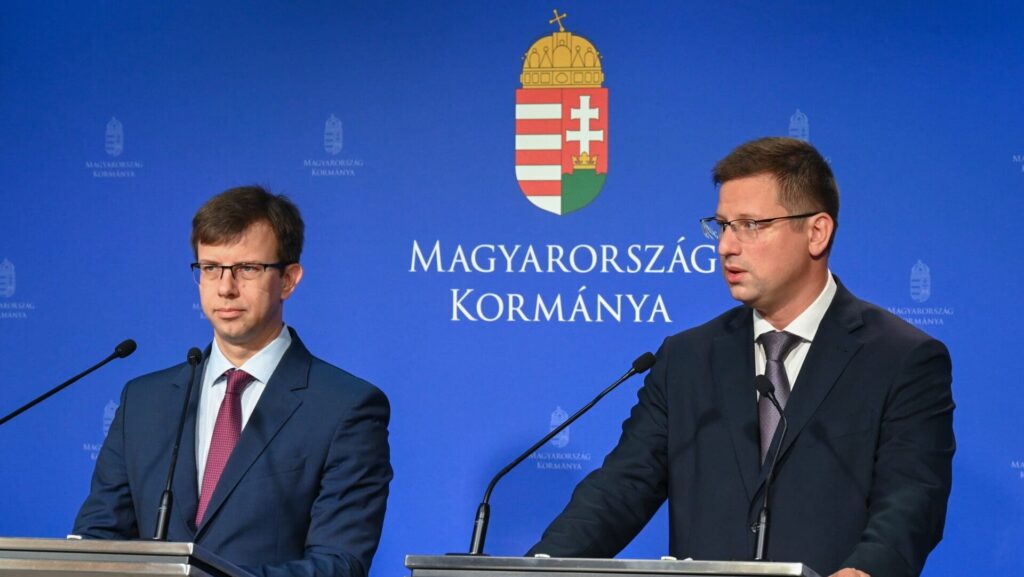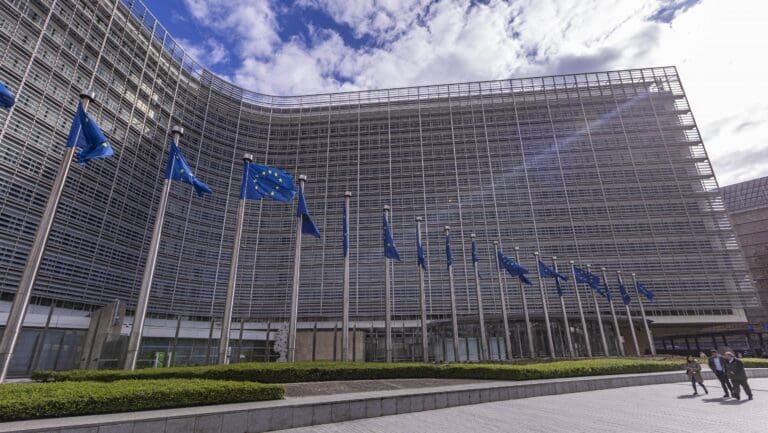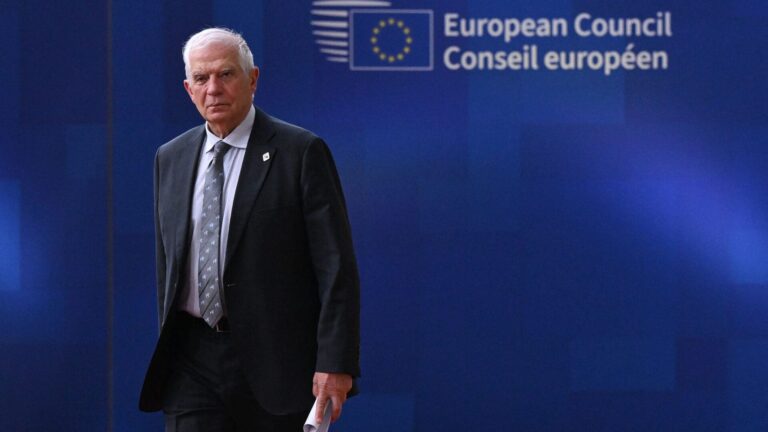One of the problems with ideologies is that they contribute to the creation of a totalitarian view of the world. Rather than appreciating the world as a complex whole where relations are diverse and sometimes difficult to comprehend, ideologies give a simplified, one-dimensional explanation of those relations. Ideologies have a tendency of creating razor-thin interpretations to fit their narrow scope—not even the most developed dogmas can extend to all spheres of life, so the limited number of existing tenets must be stretched to encompass all. This tendency of ideologies to simplify reality applies to some of the writings of those who have fallen victims to woke thinking, which is so much in vogue these days.
For those who see the world through the narrow lens of wokeism, this ideology has become the supreme thread that connects all political events and political actors. For example, take a recent article from the Financial Times, that claims that ‘the culture wars have become part of today’s geopolitical struggles’, arguing geopolitical alliances are now formed based on political actors’ approval or disapproval of wokeism and their stance in the culture wars. The article argues that Bolsonaro, Orbán, Putin, Trump, and Netanyahu have formed an odd alliance in rejecting wokeism. On the one hand, it is true that all of these politicians have made references to the culture wars; on the other hand, it is incorrect to suggest or assume that their loosely shared opposition to wokeism is the one and only reason why they maintain political connections or that their anti-woke stance strongly informs their foreign policy.
Doubling down on wokeism as the main connecting thread between the Bolsonaro-Orbán-Putin-Trump-Netanyahu bloc creates the illusion that the culture war is indeed the main factor that drives political alliances.
Media coverage that filters everything through the prism of an ideology might be easily misled into believing that the relations between countries and world leaders are indeed determined by their stance regarding wokeism.
The FT article, which is a good example of the narrow view generated by woke thinking, connects Bolsonaro, Orbán, Putin, Trump, and Netanyahu in the following way (quotes from the article are in italics):
- Vladimir Putin – The main ’anti-woke’ who accused the West of ‘moving towards Satanism‘ and ‘teaching sexual deviation to children’.
- Viktor Orbán – ‘Orbán is widely seen as the EU leader most sympathetic to Putin’ who also criticised Western wokeism urging to ’wage a common fight against “progressive liberals, neo-Marxists, intoxicated by the dream of wokeness”’.
- Donald Trump – As a fellow woke-sceptic, ‘it is not surprising that the America-first nationalists of Trump should feel an affinity with fellow nationalists in Hungary or Russia’. Trump is also asserted to possess a love of ‘a mythologised past of national greatness and cultural homogeneity, when “men were men” and women and minorities knew their place’.
- Benjamin Netanyahu – Similar to Trump’s idealisation of ‘cultural homogeneity’, Netanyahu not only ‘pinkwashes’ the treatment of Palestinians, but is simultaneously guilty of having a minister who ‘has implied that doctors should be allowed to refuse to treat gay patients’.
- Jair Bolsonaro – Last but not least, Netanyahu also ‘cultivated close relations with Orbán, Putin and Jair Bolsonaro, the gay-bashing former president of Brazil’.
According to this rather one-dimensional logic, Putin’s opposition to wokeism connects him to Orbán, Orbán’s nationalism links the Hungarian Prime Minister to Trump, Trump’s asserted love of a cultural homogeneity when ‘men were men’ leads to Netanyahu’s minister who appears to disapprove of gays, which, in turn, ultimately takes us to the ‘gay-bashing’ Bolsonaro, right before it all loops back to Putin.
In short: the article suggests that the thread that connects these leaders, from Brazil and Israel to Russia, is their opposition to gender ideology or wokeism.
The fallacy of this argumentation is that it simplifies complex political and diplomatic matters, reducing them to whatever is important from the point of view of a preferred ideology.
(In this case, to the fact hat the political actors in question take on the culture wars). Not only does this approach result in a narrow-minded and one-dimensional description of political affairs, but it also creates a false narrative about why and how, for instance, Bolsonaro and Orbán are like-minded. When the Hungarian Prime Minister wished good luck to the Brazilian President during the latest election campaign, Orbán highlighted Bolsonaro’s fight against crime, reducing taxes, and facilitating economic growth in Brazil as areas where he applauds his Brazilian counterpart. Their loosely similar scepticism of wokeism was nowhere on the list of why they appreciate each other. The Bolsonaro-Orbán connection through the culture wars is an illusionary link.
There is no single reason that can explain complex political events. Suggesting that you can explain there is a Bolsonaro-Orbán-Putin-Trump-Netanyahu bloc held together by one singe idea (their alleged opposition to wokeism) is a fallacy. Rather than the simple opposition to endorsing wokeism, it is a complex system of political ideals, goals, leadership styles, and (chiefly) crucial interests that connect political actors.
Take the example of Israeli-Hungarian relations. The article suggests that Hungary and Israel are linked by their rejection of wokeism and the so-called ‘populism’ of their leaders. The nature and gist of Hungarian-Israeli connections should and cannot be so crudely simplified, however. Hungary and Israel are connected by the Hungarian diaspora living in Israel, by the rich economic and technological ties, as well as by the strong belief in national sovereignty shared by both countries’ leadership. It is a pity that wokeism, the ideology that worships diversity, does not recognise and acknowledge that the factors behind political and diplomatic relations are also diverse.








